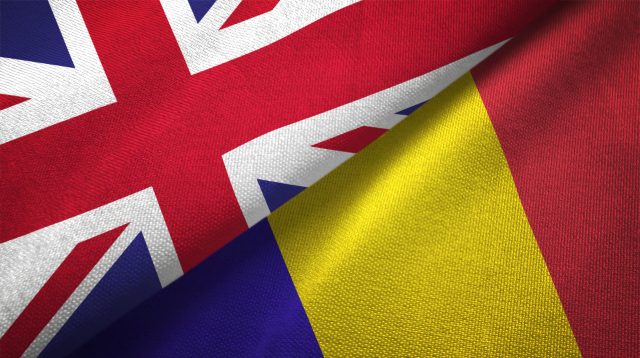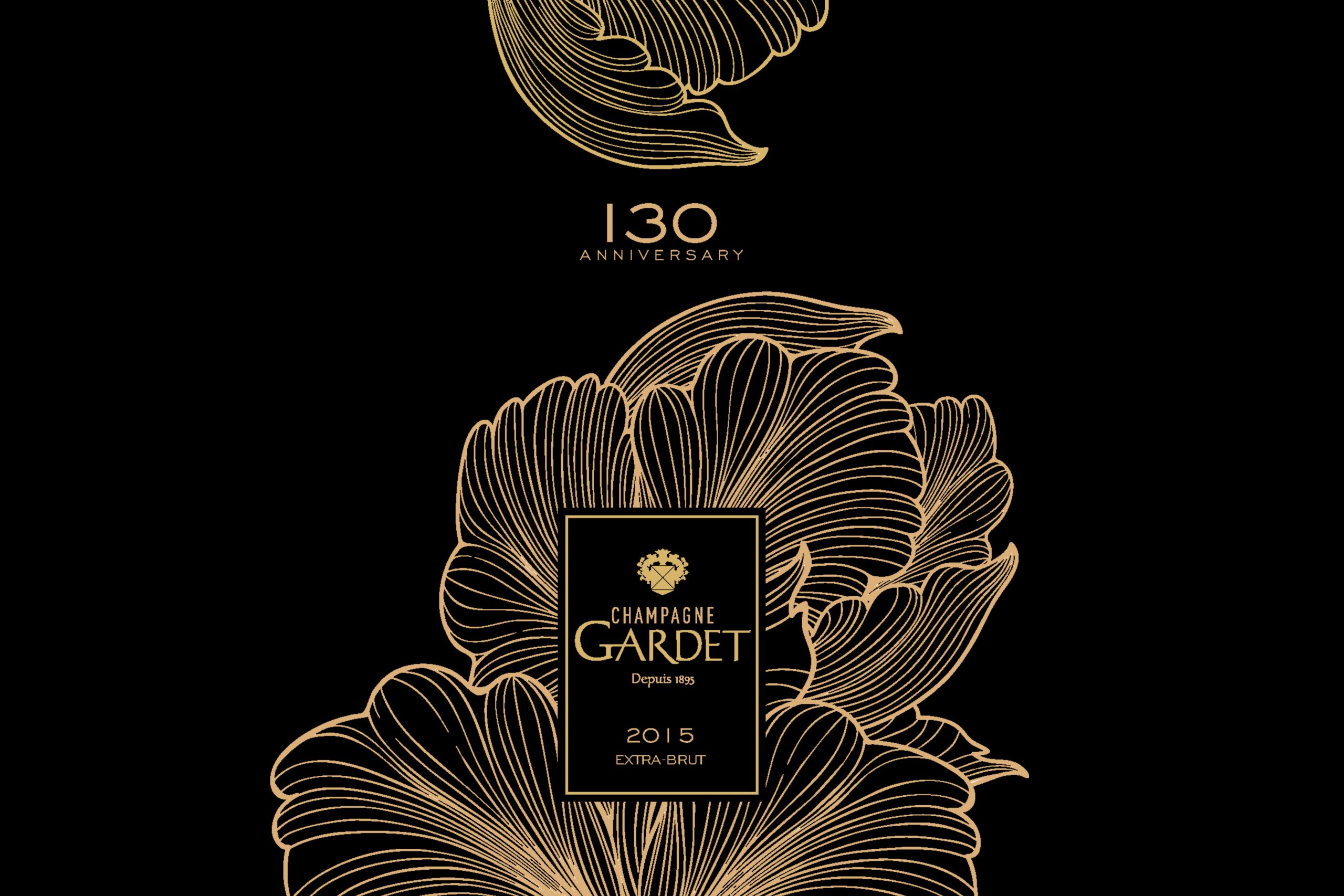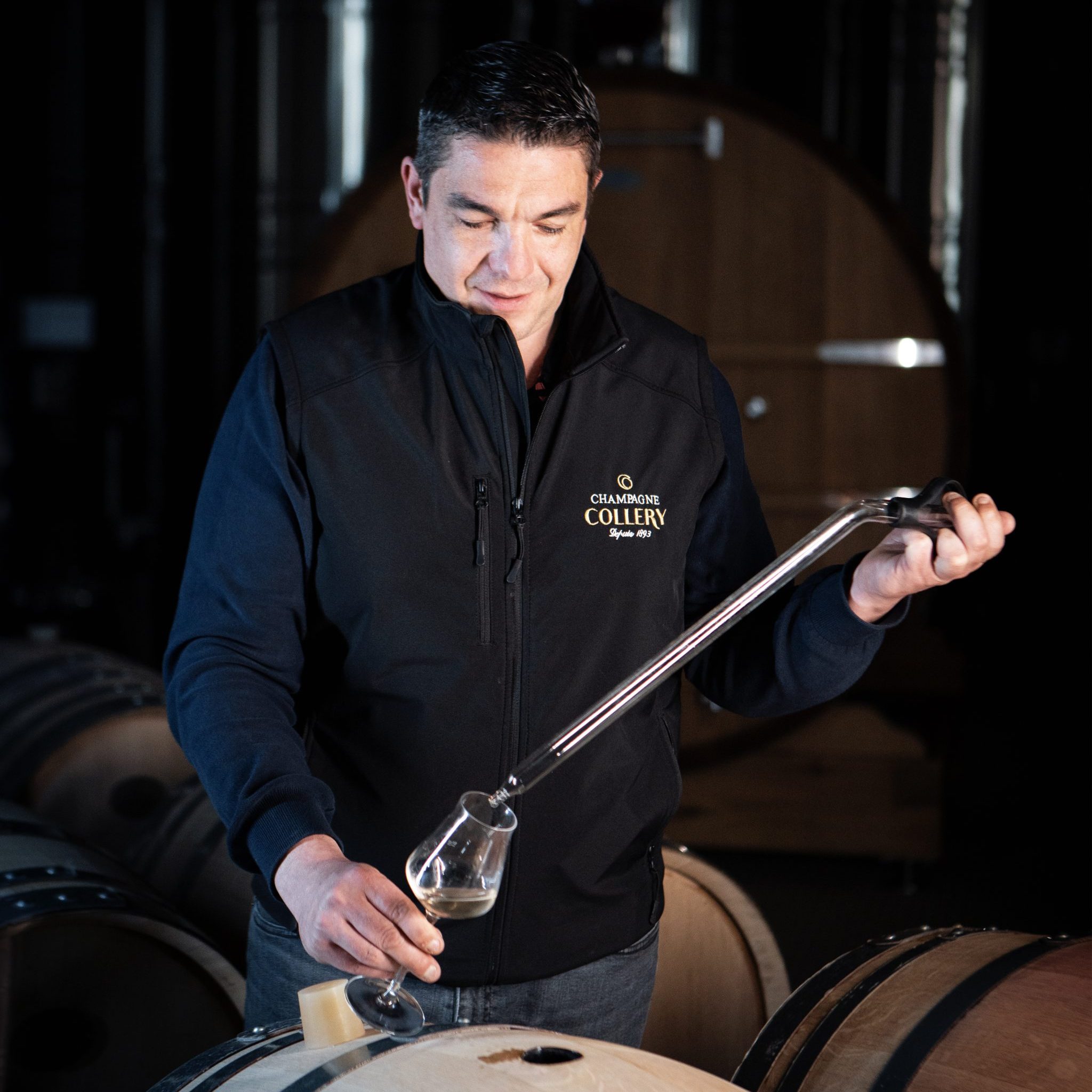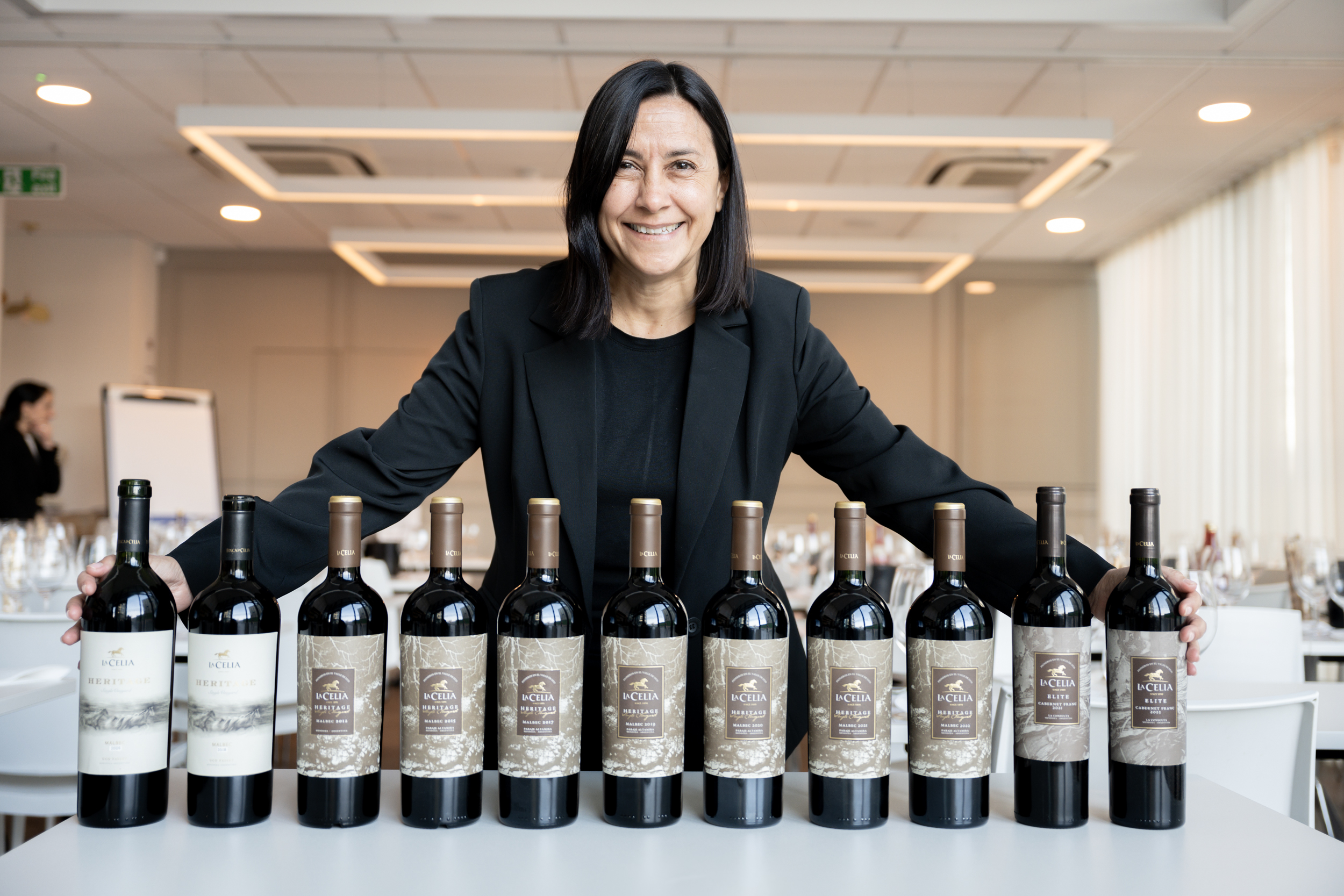ProWein: Romanian wine giant slams UK duty system
By Louis ThomasThe wine industry has been up in arms over Rishi Sunak’s highly controversial changes to the alcohol duty system, with one of Romania’s leading producers responding by changing how it makes its wines for the UK market.

In a meeting at ProWein in Düsseldorf, Philip Cox, commercial director and co-owner of Cramele Recaș, based in Western Romania’s Timiș County, told the drinks business that British consumers have a particular predilection for its Pinot Noir.
“Most of our UK customers want international varieties, but lately we’ve been pushing more local varieties in the off-trade, and in the on-trade we’re doing a lot to promote our rosé.”
He also shared that there were plans for expand the producer’s range at Majestic with a new higher-end Pinot Noir too.
But the UK market has not been an easy one for European wine producers in recent years, with a series of new challenges arising.
The B word
Cox suggested that Brexit hasn’t necessarily dented the company’s desire to aim for the UK consumers: “One thing is desire, and one thing is what is actually happening. It made us make a conscious effort to increase our markets in mainland Europe – in 2016, the UK was 80% of our export sales, now it is 20%, but it hasn’t dropped, we just started selling a lot more wine in other countries.”
According to Observatory of Economic Complexity data, in 2022 Romania exported about US$35.2 million (about €32.5m) worth of wine, making it the 34th largest wine exporter in the world. The most valuable market was the Netherlands (US$10.2m/€9.4m), with the UK in third position (US$3.8m/€3.5m).
He acknowledged that the extra red tape of selling to a non-EU nation has “made it more difficult”, but argued that the “worst” thing that has happened to the UK as a market has been the introduction of the highly controversial changes to alcohol duty.
First floated when Sunak was Chancellor during Boris Johnson’s premiership, the new system taxes alcoholic drinks according to their alcohol level, replacing the previous system, consisting of four separate taxes covering beer, cider, spirits, wine and made-wine, with one that is significantly more complex.
Just prior to the interview, Chancellor Jeremy Hunt announced a freeze on alcohol duty in his Spring Budget, a move which brought some relief to members of the drinks trade, though only from a baseline of pre-existing disappointment.
Partner Content
“When Brexit happened, I was convinced it was going to be a disaster,” he revealed, “and it has added 20-30 cents per bottle from the extra logistical costs, but when the UK government comes in and adds an extra pound per bottle in tax, it doesn’t seem so bad! But it’s bad for British consumers, and the industry as it means that people drink less wine.”
Cutting down
In order to avoid work around the new system, Cox shared that Cramele Recaș has been changing how it makes wines for the UK market: “We have been lower alcohol wines specially for our British customers. We’ve done this where we can, for example with our Pinot Grigio for Tesco, or our rosés – we’ve brought them down to 11% ABV because of the tax situation.”
Indeed the difference between the duty on an 11% ABV wine and one just half a degree higher in alcohol is notable. From 1 August last year, an 11% ABV still wine has a duty of £2.35 per bottle (12p more than it was before), whereas an 11.5-14.5% ABV still wine is slapped with a £2.67 duty (44p more than it was previously, a 20% increase).
Cox also acknowledged that lower-alcohol products are also a “trend”, but revealed that it is not easy to bring alcohol levels down: “Compared to our Southern Hemisphere colleagues, because they can just do it by adding water into the wine, we can’t do that in Europe, we have to work with the grapes.”
“So,” he continued, “we’ve been picking earlier, which is more difficult than it sounds, especially when you have 5,000 hectares where you’re picking from.”
However, early picking is not a remedy for all the wines in Cramele Recaș’ portfolio.
“The wines aren’t worse for it – stylistically, I quite like that the whites and rosés are fresher and lighter, but you can’t really do it for reds. We could do what the Australians do and make a high-alcohol red and dilute it, and that might taste better than making it from red grapes picked before they’re fully ripe. If they don’t ripen, they don’t have the flavour.”
It’s a move rather similar to how Concha y Toro lowered the ABV of its Isla Negra brand to keep the wine at an affordable price, though that was done by putting the product through the spinning cone method of de-alcoholisation.
At present, the current freeze on duty is due to be abruptly thawed in February 2025, by which time, if the polls are to be believed, it is quite likely that the current government will have been voted out.
But Cox, like most of the drinks industry, is unsure if a change in government will change the system: “Will the government do something different? We don’t know, they haven’t said much yet.”
Related news
The top performers from The Global Wine Masters 2024




